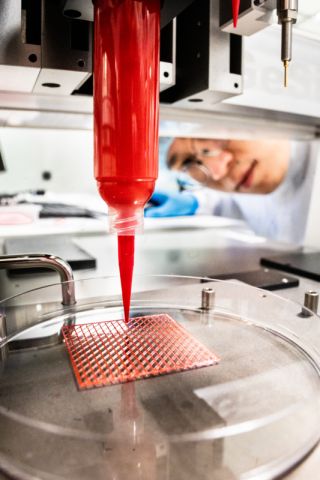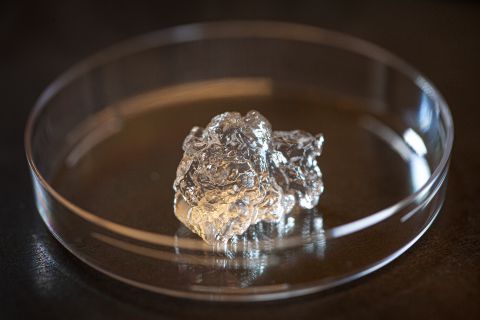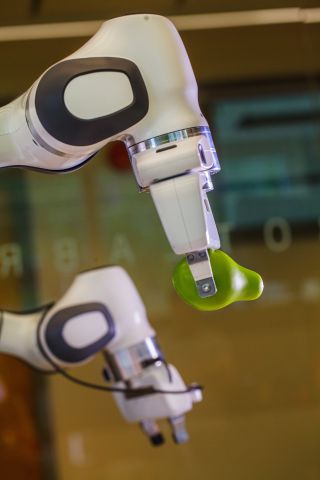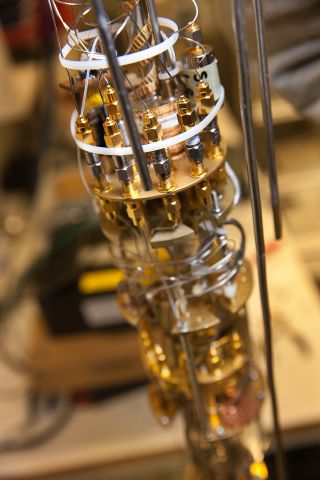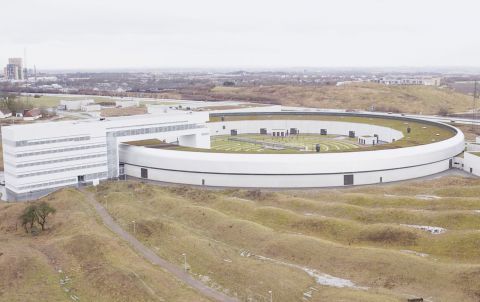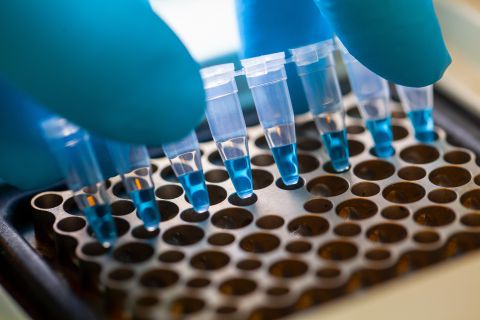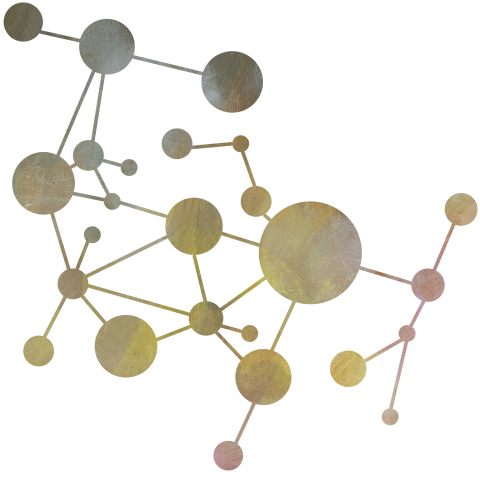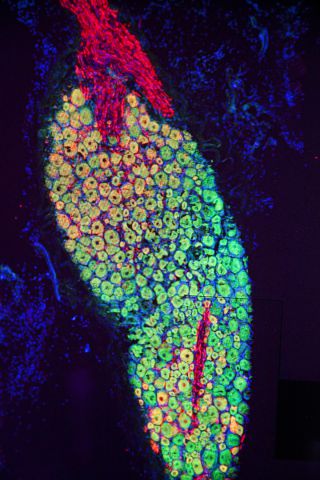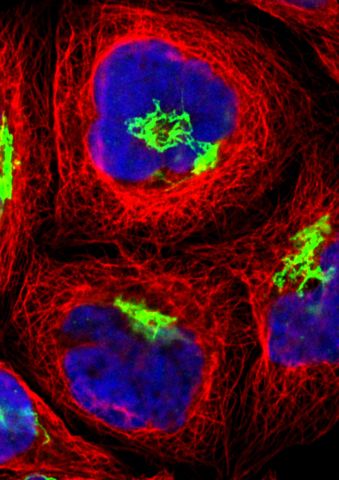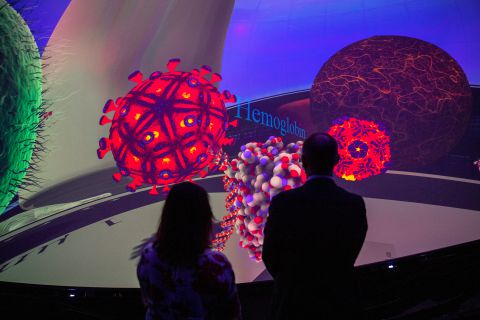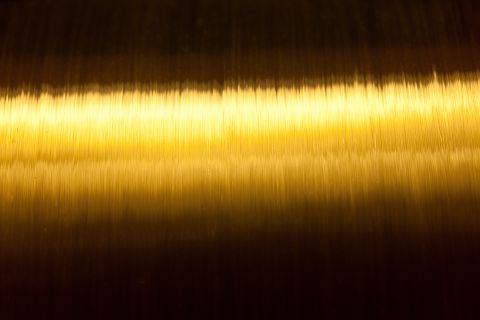Besides being of strategic relevance, a strategic project must also be of the highest scientific quality and be beneficial to Sweden. Calls regarding Strategic initiatives are posted for application when the Foundation has identified an area that is in particularly urgent need of support for the good of the country.
Current strategic grants:
- Wallenberg Initiative Material Science for Sustainability, WISE, SEK 3 billion for 2022 – 2033.
- Wallenberg Wood Science Center, WWSC, SEK 1.2 billion for 2008–2028. With cofinancing from the universities and the Swedish industry the whole program sums up to SEK 1.5 billion.
- Wallenberg Artificial Intelligence, Autonomous Systems and Software Program, WASP, SEK 5.1 billion in total for 2015-2031. With cofinancing from the universities and the Swedish industry the whole program sums up to SEK 6.4 billon.
- Wallenberg Centre for Quantum technology, WACQT, SEK 1.4 billion for 2018-2029.
- Max IV, SEK 740 million
- Life Science, the Foundation allocates in total SEK 6.8 billion for 2014-2032, including:
- Data-driven Life Science, DDLS, SEK 3.3 billion to 2032
- Wallenberg Centres for Molecular Medicine, WCMM, SEK 1 billion to 2028
- Infrastructure and equipment SciLifeLab, SEK 1 billion
- Wallenberg Clinical Scholars, SEK 600 million
- Wallenberg Initiatives in Forest Research, WIFORCE SEK 513 million for 2019–2030
- Alpha Cell, SEK 270 million
- Human Protein Atlas, HPA, SEK 120 million for 2025-2030
(In total over SEK 1 billion for 2003-2030)
